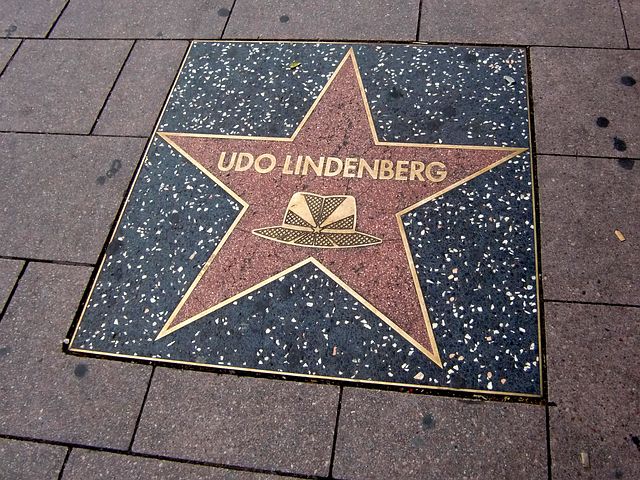The picture of Mrs. RWP and me that I posted the other day elicited seven comments on my blogpost from readers (we few, we happy few, we band of brothers and sisters). It also garnered 83 "Likes" on my Facebook page, a pleasant and unexpected surprise. Wait a minute, aren't all surprises by definition unexpected? I do not know and I guess I do not care, another sign that I
Where was I?
Oh, yes -- basking in my newfound fame, local-social-media-wise. Not that it will last. Everyone's "fifteen minutes of fame" (a phrase made, er, famous by Andy Warhol) has shrunk in our day to fifteen seconds. Hardly does the spotlight fall on you/me/whomever before it moves on to something else. The public (British, obsolete: publick) are a fickle lot. I will take comfort in the fact that my fame, however fleeting, was only newfound and not ill-gotten.
Here are some thoughts on fame from days gone by:
Gaius Sallustius Crispus (c. 86–35/34 B.C.), Roman historian, said (only in Latin, of course), "The fame which is based on wealth or beauty is a frail and fleeting thing; but virtue shines for ages with undiminished lustre."
Lord Byron (1788 - 1824) said, "Fame is the thirst of youth."
Horace Greeley (1811 - 1872), the man who famously said "Go west, young man!" said, "Fame is a vapor, popularity an accident, and riches take wings. Only one thing endures and that is character."
Emily Dickinson (1830 - 1886) wrote two poems about it:
Fame is a bee
by Emily Dickinson
Fame is a bee.
It has a song --
It has a sting --
Ah, too, it has a wing.
Fame is a fickle food
by Emily Dickinson
Fame is a fickle food
Upon a shifting plate
Whose table once a
Guest but not
The second time is set.
Whose crumbs the crows inspect
And with ironic caw
Flap past it to the Farmer’s Corn --
Men eat of it and die.
Here, back in the present, I hope Caitlyn Jenner and the entire Kardashian family take note.

